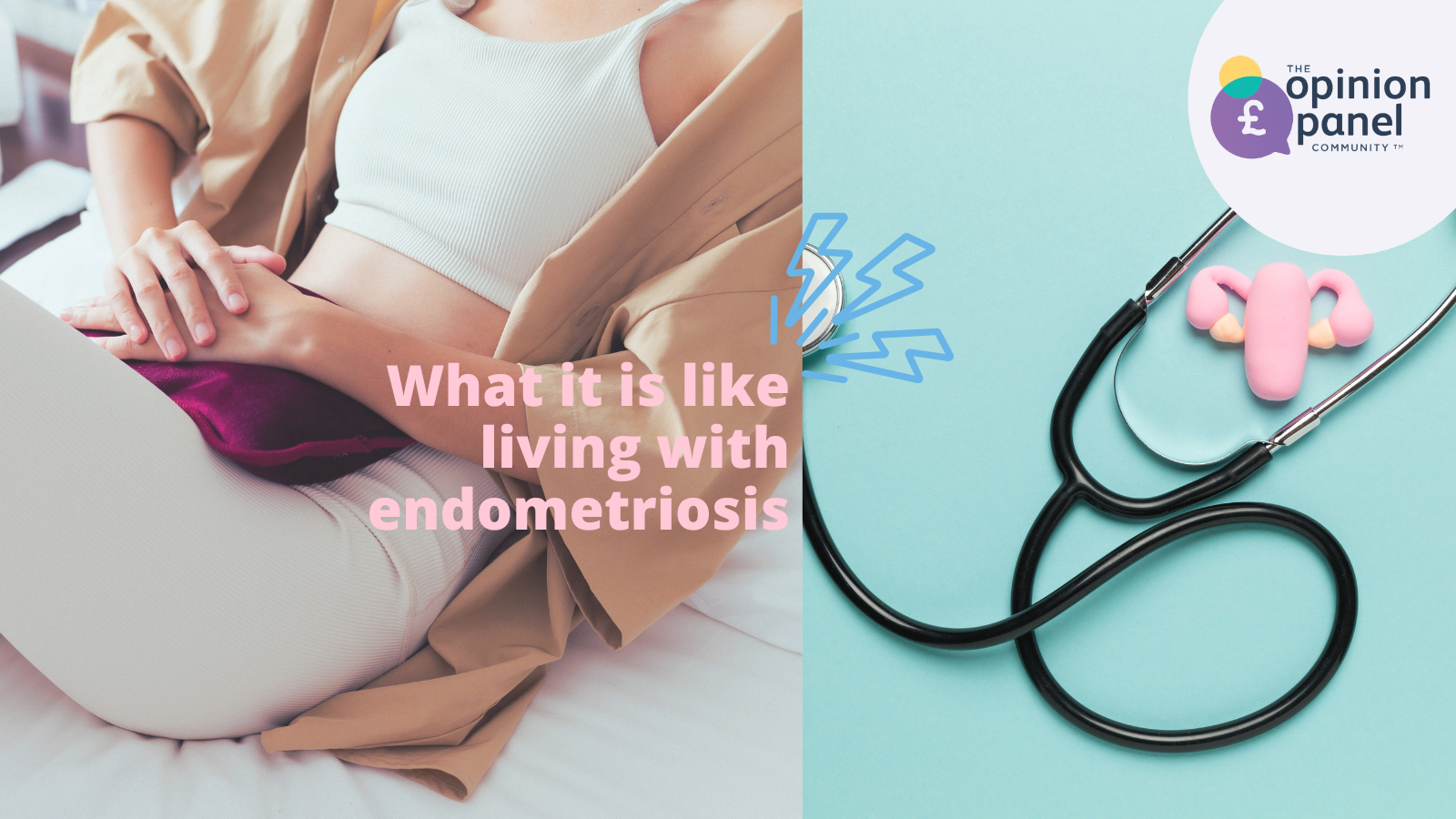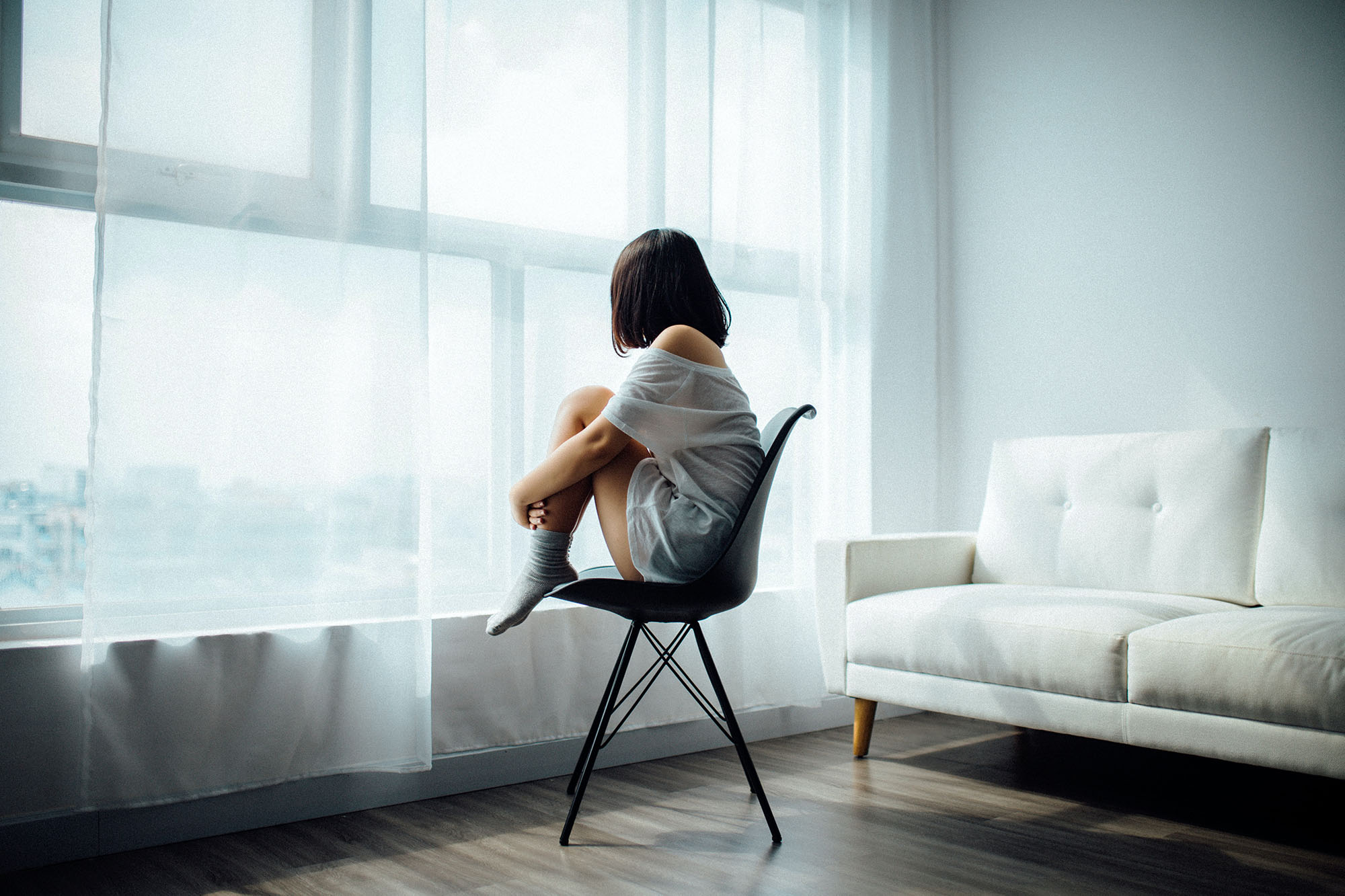
Endometriosis is a disease where tissue similar to the lining of the uterus grows outside the uterus, causing pain and/or infertility (WHO definition). However, this doesn’t cover even 1% of what it’s like to live with it.
I first heard the term when I was 14 years old, whilst talking with a nurse about switching onto yet another birth control pill…
Most people try a couple of birth controls before finding one that suits them: at 19, I’ve tried about 7 different types and they almost always stop working after 12 months. I didn’t register what the nurse said because I was too preoccupied with usual 14-year-old stuff – mostly which GCSEs I would take. God, I wish I had asked more questions – you’ll understand why as you read on.
From year 9 to around the first few months of college, I was on and off different types of birth control, none doing much to solve my pain or horrific periods. Despite having 14-day-long periods, where I was changing a night-time pad every hour and curling up in pain in school corridors, I managed to do kind of okay in my GCSEs and got into college to do my A-Levels. From there it was all downhill. I decided to switch to a coil, without doing any research, because I was fed up with taking so much medication every day. This was a huge mistake. Turns out, it stopped my periods but somehow increased my pain tenfold, to the point where I could barely walk. Knowing what I know now, from my experience and being a medical student, I have no idea why I was allowed to have a coil or why I wasn’t flagged up to gynaecology at that point.
I managed to cope with the coil until March 2020, the dreaded month, when we went into lockdown. Throughout the first lockdown, I went to A&E 6 times with this excruciating pain. It wasn’t until my sixth appointment that I finally got a female doctor and was referred for an ultrasound. From that one trip, everyone told me it was endometriosis. The female doctor, my ultrasound tech, my nurses, and finally my gynaecologist. The formal diagnosis still eluded me, due to a standard of only diagnosing during surgery. But I was finally on the right track.
Before anyone would even consider surgery, I had to have tried all other options…
Fortunately for me, I had already tried all options but one – hormone blockers. Unfortunately for me, these were to be the worst treatment I’d ever try; despite stopping my periods and pain completely, the side effects turned out to be even more unbearable. Hot sweats, mood swings, bone and muscle pain. I’d been put into chemical menopause for three months, through almost no choice of my own, in order to increase the certainty that I had endo to 99%. But it still wasn’t a diagnosis.
I returned to see my doctor about 9 months afterwards and demanded surgery. Hadn’t I been through enough to be allowed to finally get a diagnosis? Apparently so. He agreed and my surgery went ahead in December 2021. This was less than a week after my semester one exams at med school. I finally got my diagnosis, after being told I had a 3cm cyst on one ovary and another stuck to my colon. Supposedly, this was it, the pain would be gone and it was for a few months during recovery.
In March 2022, the pain returned.
I was due to go on a GP placement and my period came unexpectedly. I was in excruciating pain but had to down painkillers and give my placement partner a heads up that I wouldn’t be on form this time. Luckily, I got through it and was immediately on the phone with my gynaecologist to put me back on birth control. And that’s how I’ve coped up to now, ‘coped’ being the key word because this pain never goes away. I’m running as fast as I can from it, praying that this birth control keeps it under control at least until the end of 2022. Here’s to going into a new year of uni, hopefully in less pain than last year.
Do you have a story to share? If you’re interested in getting your writing published on the website, get in touch and write an article!
Our editors will review and work with you on your piece, and you’ll get it published on a site with 150,000+ members! See here: Get published!





As someone with PCOS, I can absolutely relate to some of the struggles here. Endometriosis is really under-researched and so many women suffer from the effects of it. Too many times, birth control is given as the only option – it addresses a symptom but leaves you with many other side effects. Women deserve better